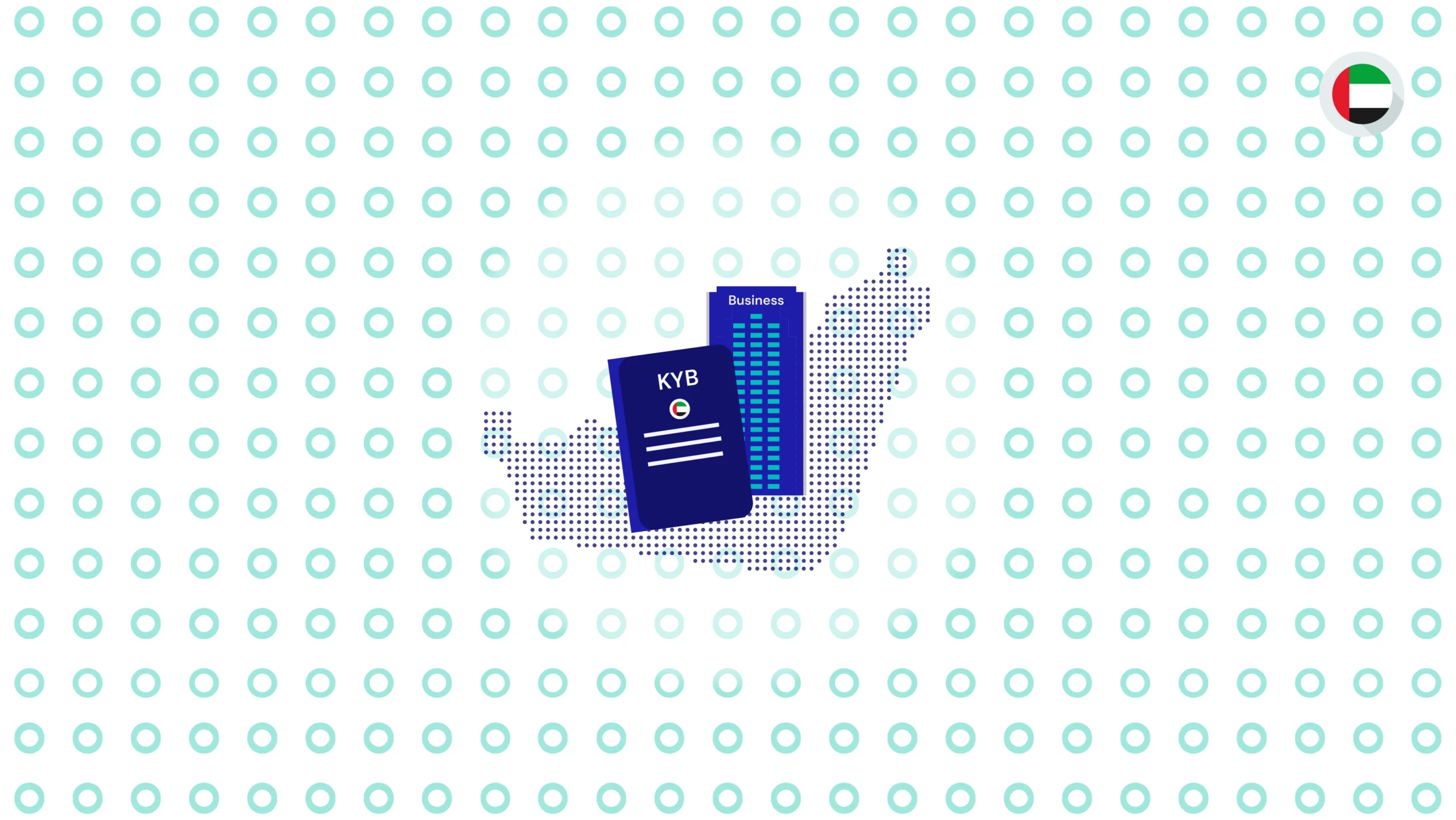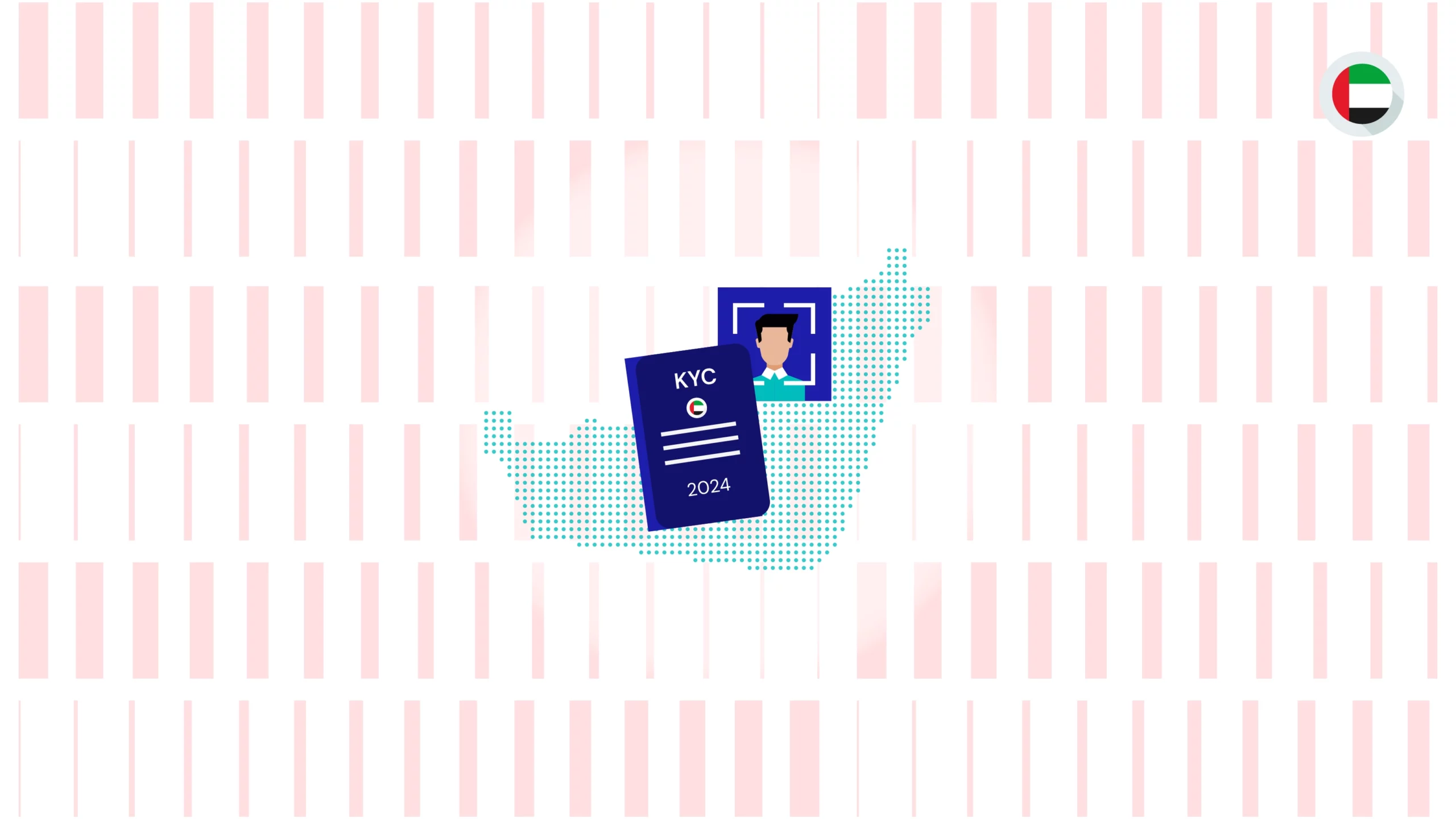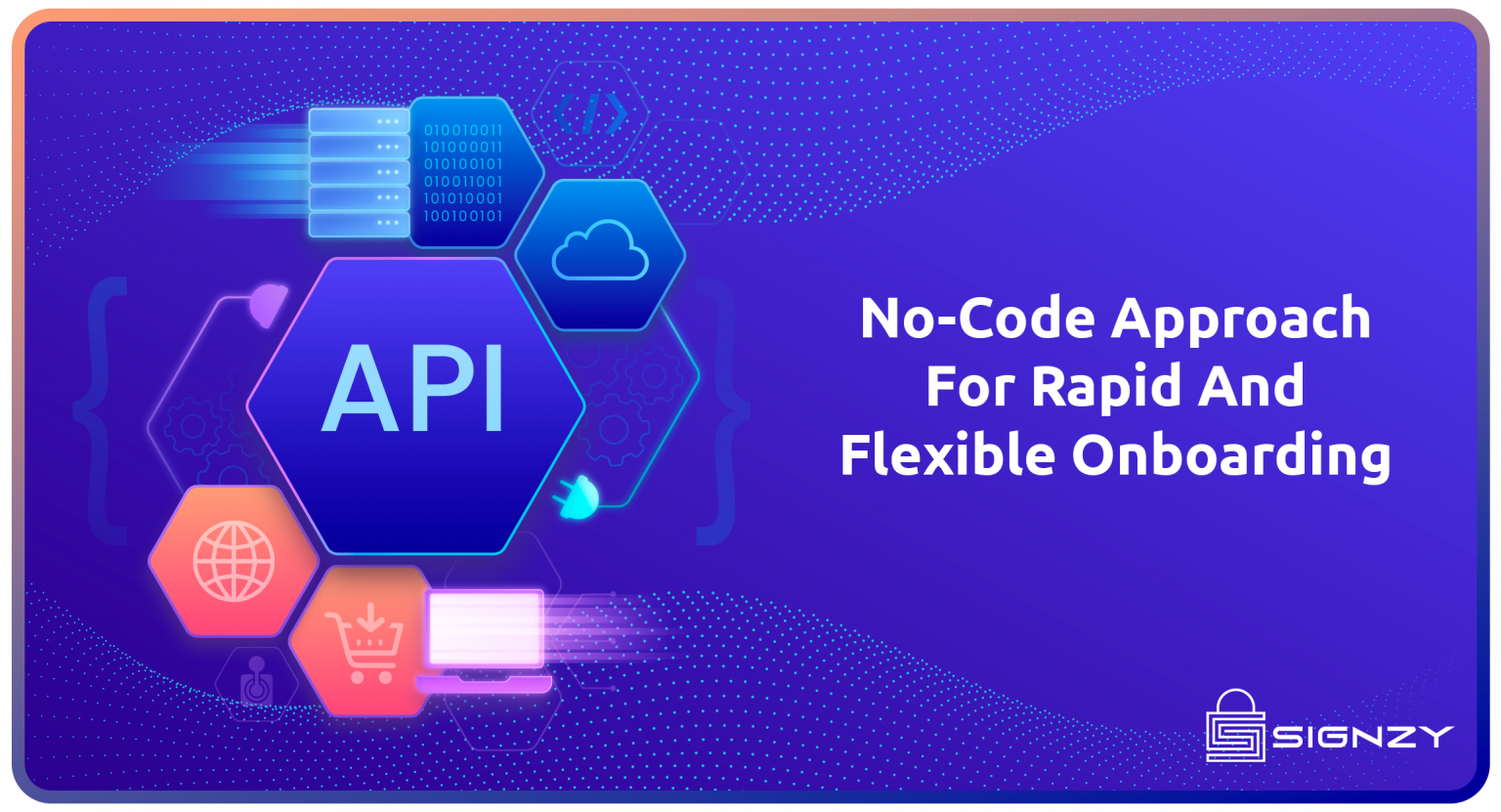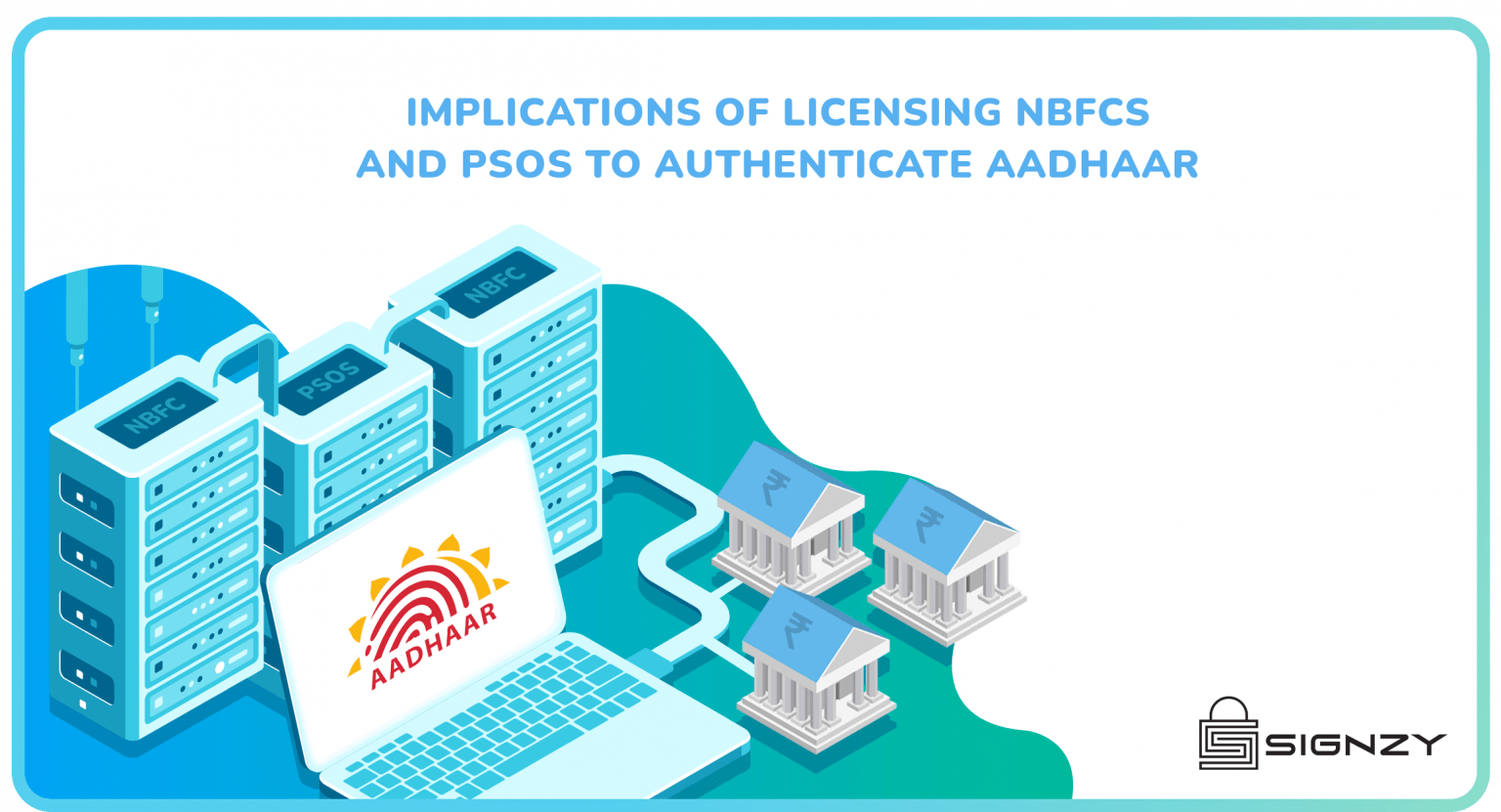KYC verification & Electronic Identity Processes in Online Gaming Industry
February 15, 2023
6 minutes read
With the rapid rise of online gaming, companies are finding new ways to authenticate users and ensure their compliance with government regulations. As a result, online gaming industry operators have turned to Know Your Customer (KYC) verification processes and electronic identity solutions.
In this article, we will explore why KYC verification systems are crucial for online gaming companies, some of the most common methods used, and how they can help ensure compliance while providing customers with an improved user experience.
The rise of the online gaming industry
The online gaming industry has dramatically increased in recent years. market revenues are expected
to grow more than 74 billion USD by 2023, at a compound annual growth rate of 10%. This rise in popularity drives the need for KYC verification and electronic identity processes.
There are many reasons for the increased popularity of online gaming.
- The convenience and accessibility of these platforms are significant factors. With the advent of mobile devices, people can play games anywhere at any time.
- Another reason for the industry’s growth is the anonymity that it affords users. Many people who would not dream of playing games physically due to interest & other factors are happy to do so online.
The increased demand for online gaming services creates opportunities for KYC verification and electronic identity providers. These companies offer solutions that help businesses verify the identities of their customers. This is an essential process for ensuring compliance with anti-money laundering regulations. It also helps to protect businesses from fraud and other risks associated with online transactions.
The need for KYC verification in online gaming industry
As the online gaming industry grows, so does the need for KYC verification and electronic identity processes. This is because, with more people gaming online, there is an increased risk of fraud and money laundering. Having KYC verification in place helps reduce the risk of these activities.
There are several ways to do KYC verification – use of ID documents, biometric data, or even utility bills. The most important thing is that the process is secure and meets all regulatory requirements.
Having KYC verification in place helps protect the online gaming industry from fraudulent activities and also helps to build trust between businesses and their customers.
The importance of electronic identity processes in online gaming industry
In recent years, there has been a surge in online gaming. This has increased the need for KYC verification and electronic identity processes.
There are several reasons why online gaming have become so popular:
- The internet has made it easier than ever to access these activities.
- A growing number of people are willing to gamble or play games online.
- Many online casinos and game developers offer generous bonuses and prizes that appeal to potential customers.
However, the increase in online gaming has also led to negative consequences. One of the most severe problems is the rise of fraud and scams. As a result, many online casinos and game developers have implemented KYC verification and electronic identity processes to protect themselves.
KYC stands for “know your customer.” This process involves verifying a customer’s identity before they can access services or make transactions. In most cases, KYC verification will require customers to provide some form of identification, such as a passport or driver’s license.
Electronic identity processes refer to the use of digital technologies to verify someone’s identity. These processes can include biometric identification (such as fingerprinting) or using social media profiles to verify someone’s identity.
Implementing KYC verification and electronic identity processes have helped reduce the incidence of fraud and scams in the online gaming industry. However,
How is online gaming changing
The internet has revolutionized the online gaming industry, making it easier than ever for people to access games and from their homes. This increased accessibility has driven up the number of people gaming online. Thus, creating a need for KYC verification and electronic identity processes. According to online gaming industry analysis, there were more than 2.6 billion gamers in the world in 2020, and this figure accounted to around 2.8 billion by 2021.
KYC verification is the process of verifying the identity of a customer or client. This is typically done by requiring the customer to provide identification, such as a passport or driver’s license.
In the case of online gaming, KYC verification can also be done electronically. In this, the customer provides personal information such as their name, date of birth, and address. Electronic identity processes verify that a person is who they say they are. Biometrics, such as fingerprint or iris scanning, or by requiring the person to provide some form of identification – passport or driver’s license. In the case of online gaming, electronic identity processes is used to verify that the person is over 18, which is required by law to play certain types of games.
The increased popularity of online gaming has led to a need for more robust KYC verification and electronic identity processes. By implementing these processes, businesses can ensure that their customers are who they say they are, which helps to protect both.
The future of online gaming industry
As online gaming continue to grow in popularity, so does the need for KYC verification and electronic identity processes. This is because increased online gaming activity is driving the need for more secure and efficient ways to verify the identity of players.
KYC verification and electronic identity processes help to ensure that only legitimate players can access online gaming platforms. This helps to protect both the player and the forum from fraud and other illegal activity.
There are a number of different ways in which KYC verification and electronic identity processes can be implemented. For example, many platforms now require players to provide a government-issued ID or passport to register for an account. Others may use biometric data such as fingerprints or iris scans.
Whichever method or combination of methods is used, it is clear that KYC verification and electronic identity processes are here to stay. In addition, as online gaming continue to grow in popularity, so will the need for these secure and efficient methods of verifying player identity.
About Signzy
Signzy is a market-leading platform redefining the speed, accuracy, and experience of how financial institutions are onboarding customers and businesses – using the digital medium. The company’s award-winning no-code GO platform delivers seamless, end-to-end, and multi-channel onboarding journeys while offering customizable workflows. In addition, it gives these players access to an aggregated marketplace of 240+ bespoke APIs that can be easily added to any workflow with simple widgets.
Signzy is enabling ten million+ end customer and business onboarding every month at a success rate of 99% while reducing the speed to market from 6 months to 3-4 weeks. It works with over 240+ FIs globally, including the 4 largest banks in India, a Top 3 acquiring Bank in the US, and has a robust global partnership with Mastercard and Microsoft. The company’s product team is based out of Bengaluru and has a strong presence in Mumbai, New York, and Dubai.
Visit www.signzy.com for more information about us.
You can reach out to our team at reachout@signzy.com














